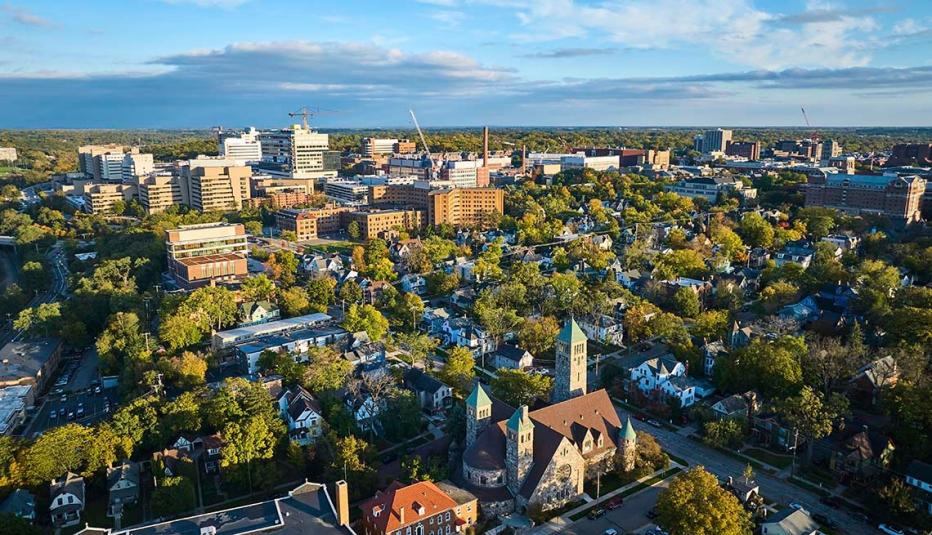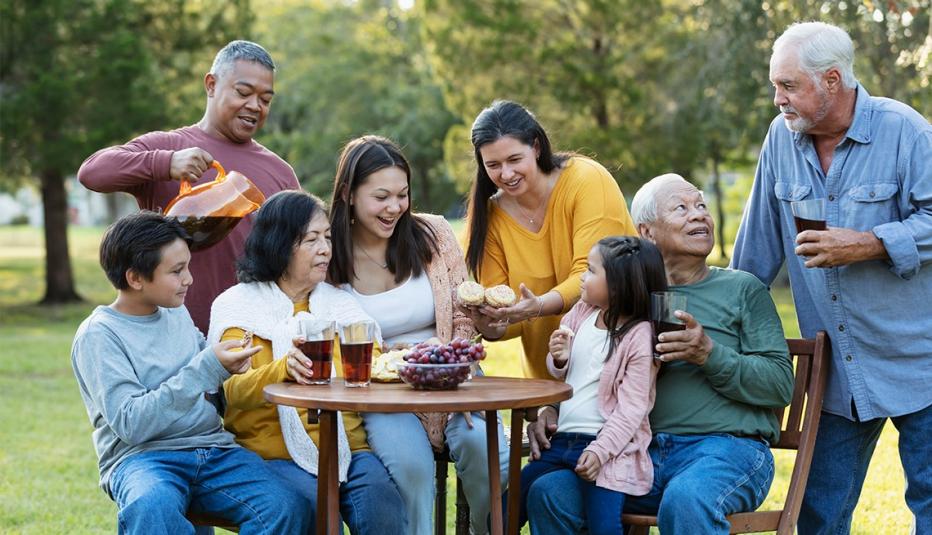AARP Hearing Center
Many older residents of Asheville, North Carolina, are still recovering from the impact of tropical storm Helene months after the disaster hit the area in September 2024, an AARP survey finds. Despite many needing to focus on repairing their own property, running throughout the community is a willingness to help others and lobby for new policies to improve hurricane relief efforts.


On-ground progress and lasting toll
Results of an online survey of 250 Ashville residents 50 and older conducted in April show a range of progress as residents try to bounce back from the storm. About 5% remain completely unsettled and 18% are starting to put the pieces back together, while 30% say their lives are starting to get back to normal, and 47% feel they have completely recovered personally.
The disaster has taken a toll on the well-being of residents and their daily lives.
Close to one-third (28%) of older Asheville residents report mental health problems; 21% are challenged by blocked roads; and 19% are having trouble getting money for repairs. By the time of the survey, few said they have problems accessing clean water and food (9%), finding contractors to make repairs (8%), job loss (7%), securing temporary housing (6%) or working with insurance companies (5%).
The survey reflected a broad willingness among respondents (62%) to pitch in with the recovery process, and there is a sense that residents really showed up for one another in the face of the storm. Locals are most eager to help with restoring housing and outdoor spaces, followed by issues related to fixing transportation and the walkability of their community.
Local and federal response and ongoing needs
Elected officials got mixed reviews on their preparedness for Helene, which was more devastating than anticipated. As for response after the storm, most respondents felt local officials acted quickly and federal emergency management was immediate in providing necessary communication, support and funding.
As for next steps, 64% of older residents would like elected officials to focus on repair and rebuilding grants. Another 40% of respondents indicated important local government priorities should be help with household bills, temporary housing assistance and short-term funds for immediate needs.
The many older Asheville residents willing to help with recovery efforts signals an opportunity to initiate programs that harness that willingness and encourage engagement, the survey indicates.
Methodology
The information was based on an online survey in April 2025 of 250 adults 50 and older. The sample was representative of the Asheville, North Carolina, population by age and gender.
For more information, please contact Joanne Binette at jbinette@aarp.org. For media inquiries, contact External Relations at media@aarp.org.





































































